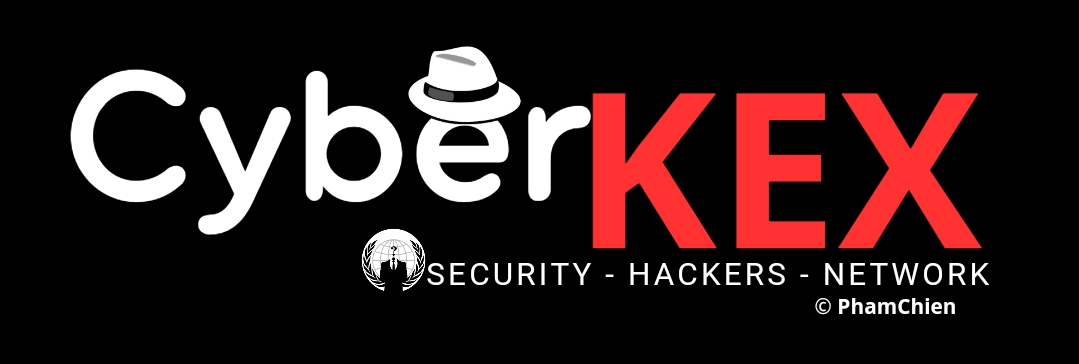In the latest scene of Senegal’s political drama, a Bangladeshi hacker group called the Mysterious Team launched a series of denial-of-service (DDos) attacks that caused many government websites to go offline last weekend.
The presidency’s website, alongside that of the finance ministry, and the country’s government-backed network ADIE was affected. The attacks also targeted top media platforms.
Abdou Karim Fofana, who doubles as the Minister and Commerce and government spokesperson, released a press statement confirming the attack, which he acknowledges is the style of a DDoS. However, he stated that SENUM SA – a government-controlled agency tasked with securing the nation’s digital economy and infrastructure – was actively looking for a way to get the sites back online. Although many affected sites have been restored, Mysterious Team has promised further attacks on the country’s government networks.

For clarity, a DDoS is a type of cyberattack that, when launched by the threat actor, floods a network or server with internet traffic to ensure it becomes inaccessible. With the increased use of technology comes risks like cyber attacks and social engineering tactics like phishing. During Nigeria’s recent presidential and national assembly polls, the Communication and Digital Economy Ministry stated that 12.9 million cyber attacks – DDoS included – were launched.
Mysterious Team is popular for its hacktivism which led to cyberattacks on Ethiopia’s Ministry of Health’s website and two Indian media outlets (ANI News and Alt News) early this month.
Read also: Guinea’s interim government orders fresh internet shutdown ahead of 2-day anti-govt protest
The genesis of the protests
Since the 2019 election, where Senegal’s current President, Macky Sall, defeated the main opposition candidates Idrissa Seck and Ousmane Sonko to emerge victorious and secure a second term, demonstrations championed by Sonko have rocked Senegal. The protests, which have resulted in the deaths of many citizens on certain occasions, are meant to discourage Sall from contesting for a third time.
Sall first entered power following a victory in the 2012 general polls. In 2016, Senegal voted to amend its constitution, and out of the 15 changes, the existing seven-year term for the presidential office was shortened to five years. While this should have scored Sarr some approval points, he went against a promise to end his second term in 2017 as specified by the constitutional amendment. Instead, he claimed the revised presidential term would take effect from the 2019 election.
While this would imply that Sarr, having served two terms, would be ineligible, he disagrees. His conversation with L’Express, a French newspaper, suggested that since the constitutional reform only recognized his second term (2019-2024) and not his first (2012-2019, he could contest in the next election.
Sonko – a candidate in the 2019 polls and one of the most vocal voices in the recent #FreeSenegal movement – believes that Sarr shouldn’t contest and has led many rounds of protest to that effect. Having declared a fresh presidential bid, he argues that Sarr’s participation in the 2024 polls may not reflect the people’s will. His most recent show of defiance led to what’s now been dubbed a “caravan of freedom”.
Last Friday, he led a convoy of vehicles that left Ziguinchor, his town, for Dakar, the capital city. The “caravan of freedom” intends to support the 48-year-old politician and founder-cum leader of PASTEF (African Patriots of Senegal for Work, Ethics and Fraternity). Sonko is reportedly famous among the youth population in Senegal, a country where, according to UNICEF, the average age is 22 years.
Bassirou Coly – deputy mayor of Ziguinchor – explained the caravan’s motive. “The objective is not to dislodge Macky Sall. If Macky Sall succeeds in his quest to eliminate the people’s candidate Ousmane Sonko, he will face the Senegalese people. It is not Ousmane Sonko that he will face, it will be the Senegalese people who are there watching,” he said.
Sonko’s caravan ran into a skirmish with law enforcement on Sunday, leading to the death of one man. Subsequently, Sonko was arrested on Sunday and has been returned to Dakar. According to Interior Minister Antoine Diome, Sonko did not secure “prior authorization.” Diome added that some weapons were recovered from the PASTEF leader’s vehicle.
Impact on Senegal’s political tensions
When Reuters asked Mysterious Team to explain their series of cyberattacks on Senegal’s divestment networks, the latter said, “We are working for justice for Senegal innocent peoples.” For a country that, until recently, enjoyed a peaceful democracy, the current situation speaks volumes of how bad things have gotten.
Aside from questioning Sarr’s possible third-term bid, the protests have challenged the Senegalese government for using the judiciary to frustrate the opposition’s ambitions in next year’s polls. For context, Sonko is facing rape and death threat charges involving him and a massage parlour worker in 2021.

The prosecution team made headlines recently when it called for Sonko to be served a 10-year jail term. If this happens, it’ll prevent him from being eligible to contest in the 2024 elections.
Mysterious Team tweeted that it had launched a fresh DDoS attack on La Poste Senegal’s website (the site is live now). This move coincides with its promise to unleash more onslaughts on government websites. Although many Twitter users have applauded its actions, further sabotaging websites may supplant Senegal’s democracy with anarchy. A decision on Sonko’s case will be made on June 1. Until then, the atmosphere remains tense.
















0 تعليقات